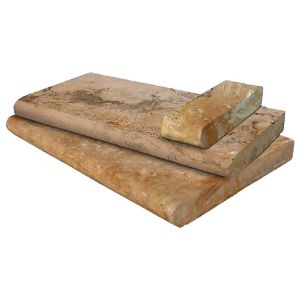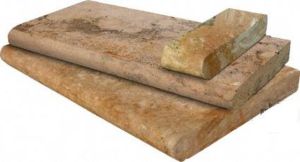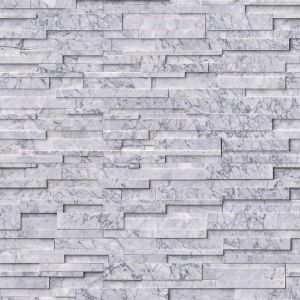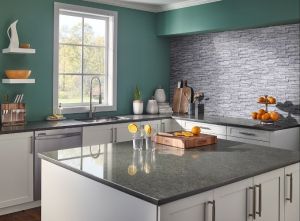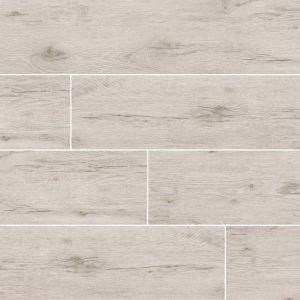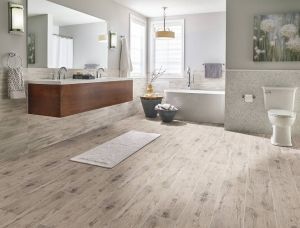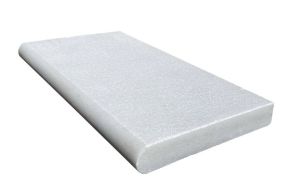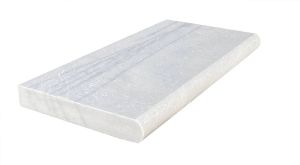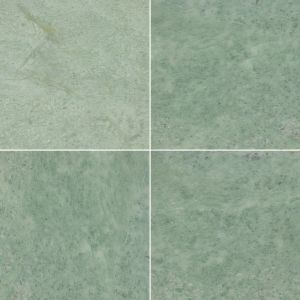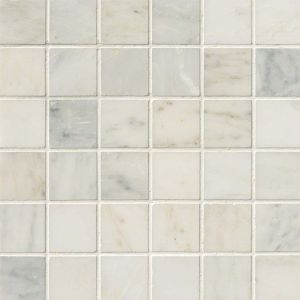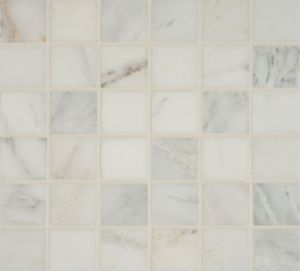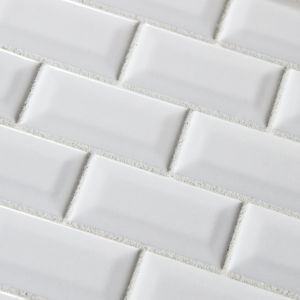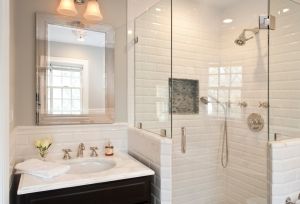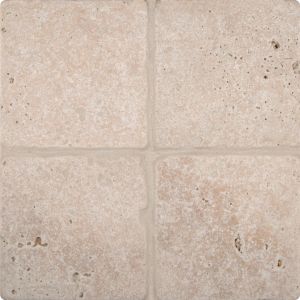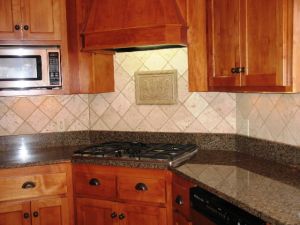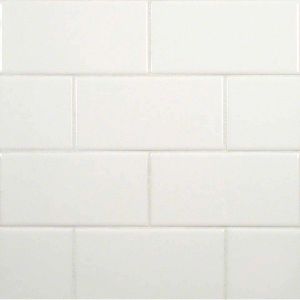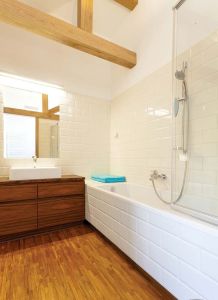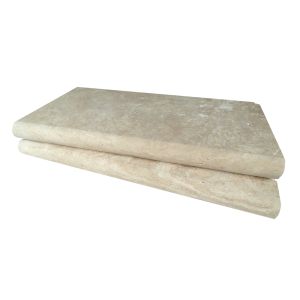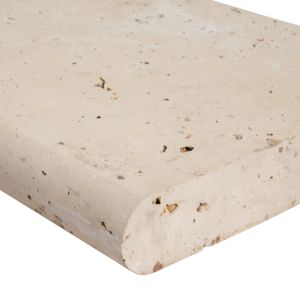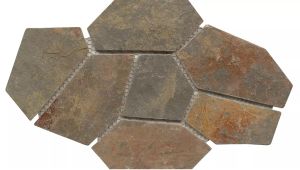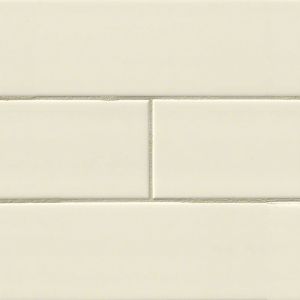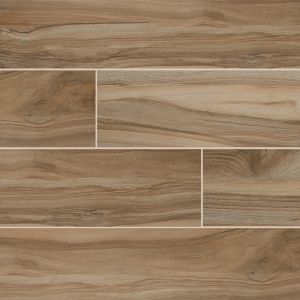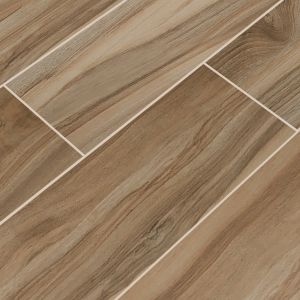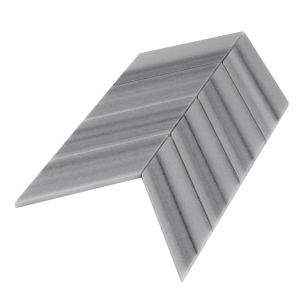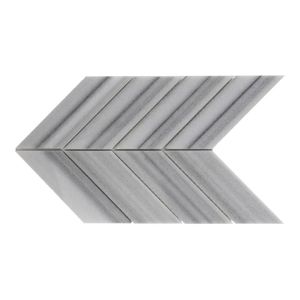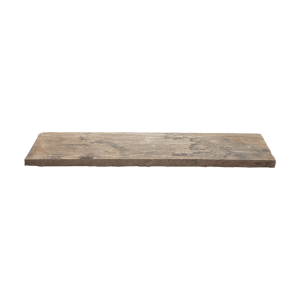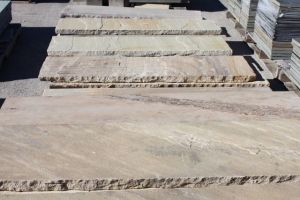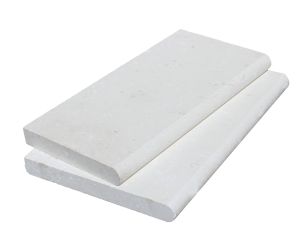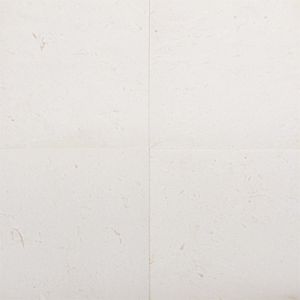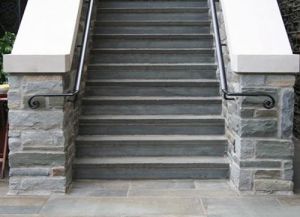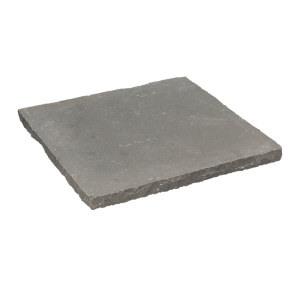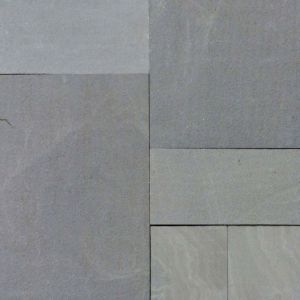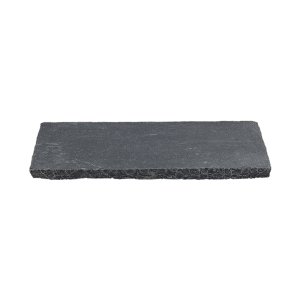This website uses cookies to ensure you get the best experience on our website. Read more
Granite, Porcelain, or Quartzite – What Should I Choose for My Countertop?
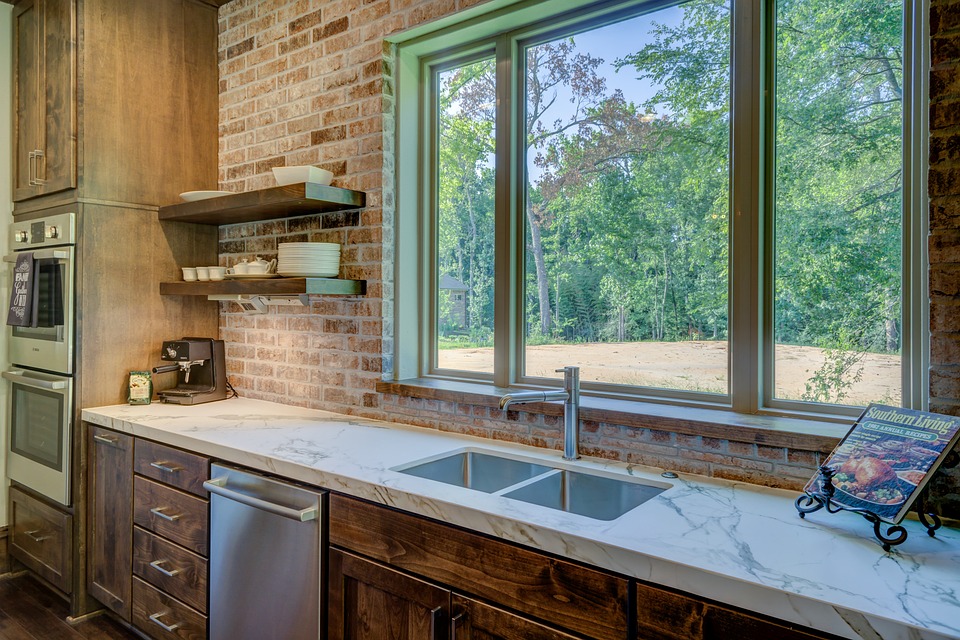
Granite, quartzite, and porcelain are among the most in-demand materials for building kitchen and bath counters in homes and commercial spaces. Of these, granite is the most popular material, known for its granular patterns.
In fact, granite has become synonymous with countertop. Still, there are many other materials gaining momentum these days, including quartzite and porcelain. All these materials are available in two options, slabs and tiles. And you could choose either.
But to help you take an informed buying decision, this blog briefs the characteristics and features of granite, porcelain, and quartzite under the following subsections –
Porcelain –

- Porcelain is a factory-made material, made from a dough of fine-grade clay, just like ceramic tiles.
- It offers a sea of design opportunities, as it is available in unlimited colors, shades, patterns, and textures.
- Porcelain counter slabs and tiles can be designed to imitate the look of quartzite, granite, as well as any natural or artificial material you can think of, such as fabric, wood, terracotta.
- Porcelain is a non-porous material and super easy to clean. It does not easily catch stains.
Quartzite –
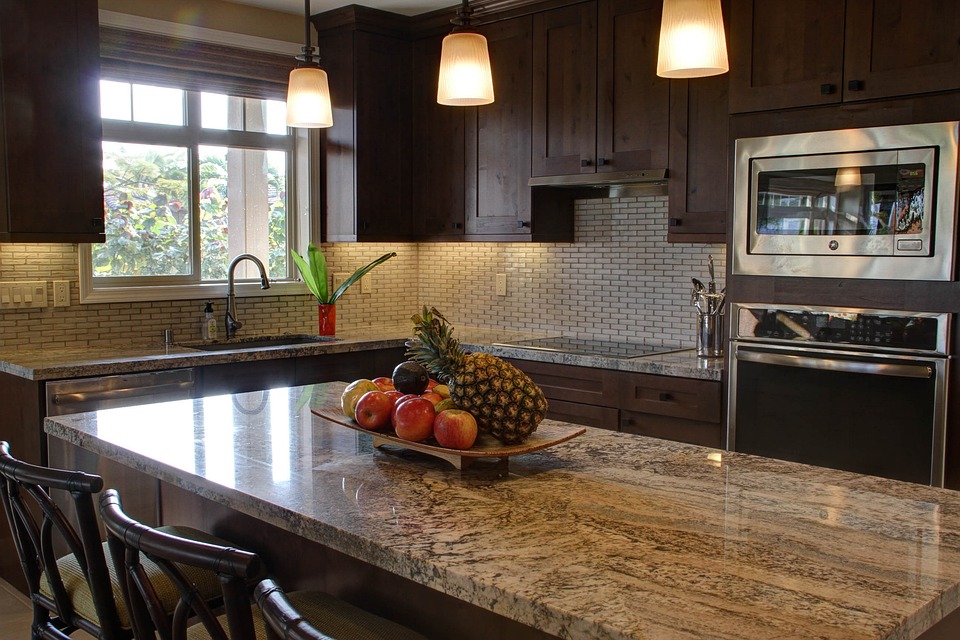
- Quartzite is a natural stone, which is processed from rock blocks into thin tiles and slabs.
- It has natural color variations and patterns, occurring naturally and randomly. This makes each quartzite slab uniquely different.
- Quartzite is one of the hardest materials found on earth. So, if you have a heavy traffic kitchen or want your kitchen counter to be strong and durable, quartzite is the stone you should be looking for.
- Quartzite is a highly porous material. In addition, it cost way more than porcelain slabs.
Granite –

- As mentioned above, granite is the most popular countertop material. And it is also a natural stone, which is processed from heavy blocks of rocks mined at several locations on the planet.
- Granite is known for its slate-gray-green appearance and granular patterns. Though, it can also be available in white and black and without any patterns at all.
- Granite is also a porous material, but this is its natural property. The slab you will buy will come filled, polished, and sealed. And you will need to seal it every year or whenever required.
- Granite costs more than porcelain tiles. But if you would compare the price of granite with quartzite, there would not be much difference.
Comment(s)






